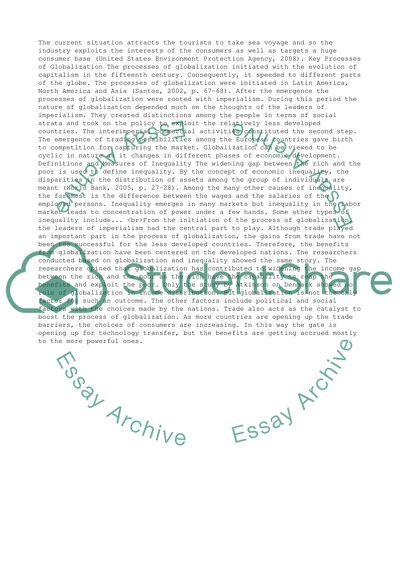Cite this document
(“The extension of globalization since 1980 Essay”, n.d.)
The extension of globalization since 1980 Essay. Retrieved from https://studentshare.org/business/1459890-the-extension-of-globalization-since-1980
The extension of globalization since 1980 Essay. Retrieved from https://studentshare.org/business/1459890-the-extension-of-globalization-since-1980
(The Extension of Globalization since 1980 Essay)
The Extension of Globalization since 1980 Essay. https://studentshare.org/business/1459890-the-extension-of-globalization-since-1980.
The Extension of Globalization since 1980 Essay. https://studentshare.org/business/1459890-the-extension-of-globalization-since-1980.
“The Extension of Globalization since 1980 Essay”, n.d. https://studentshare.org/business/1459890-the-extension-of-globalization-since-1980.


